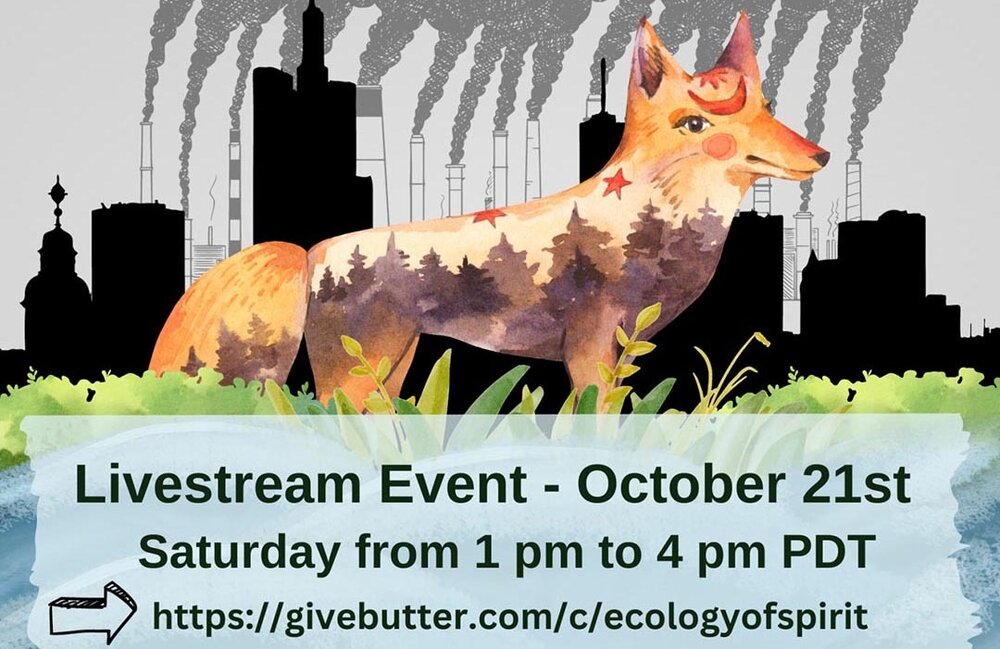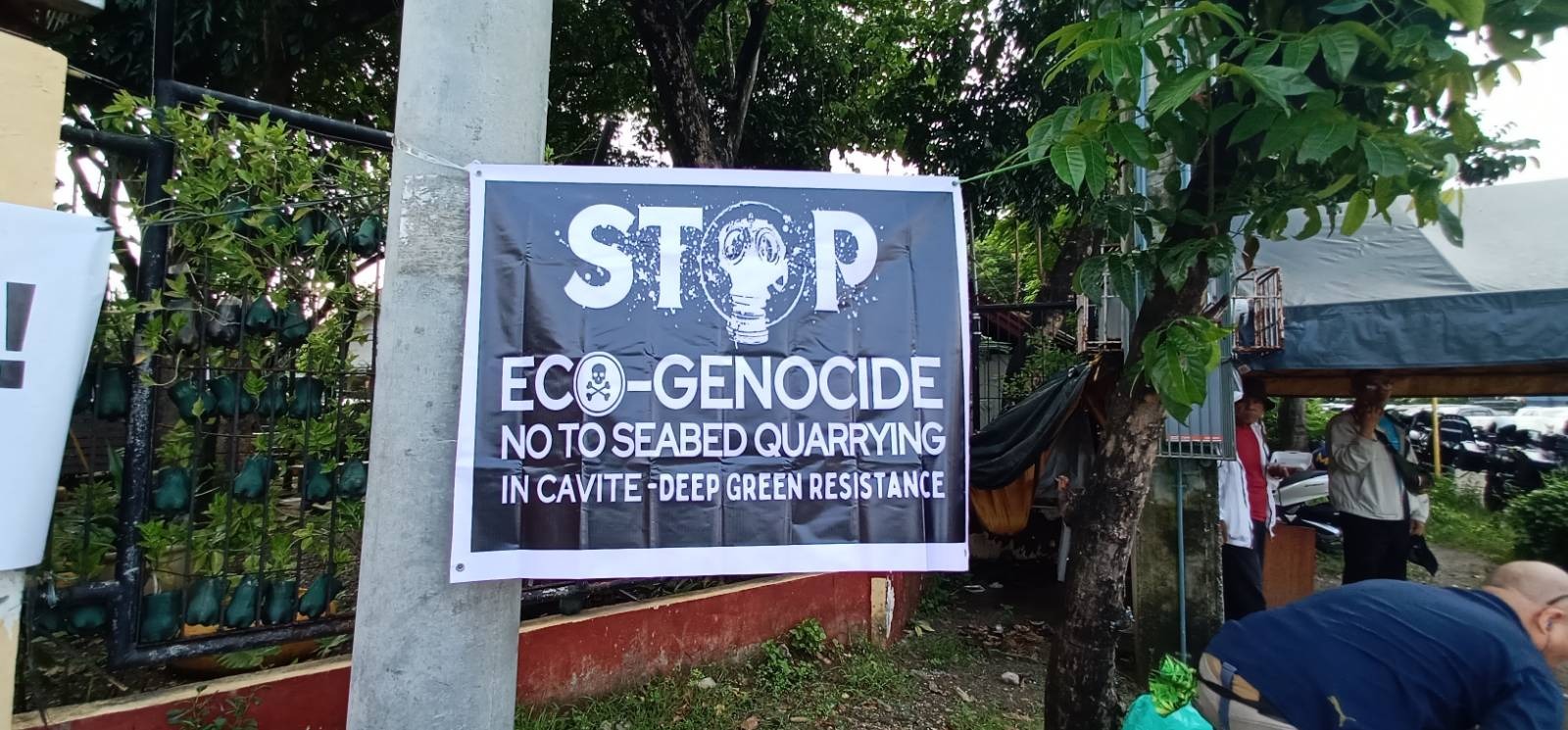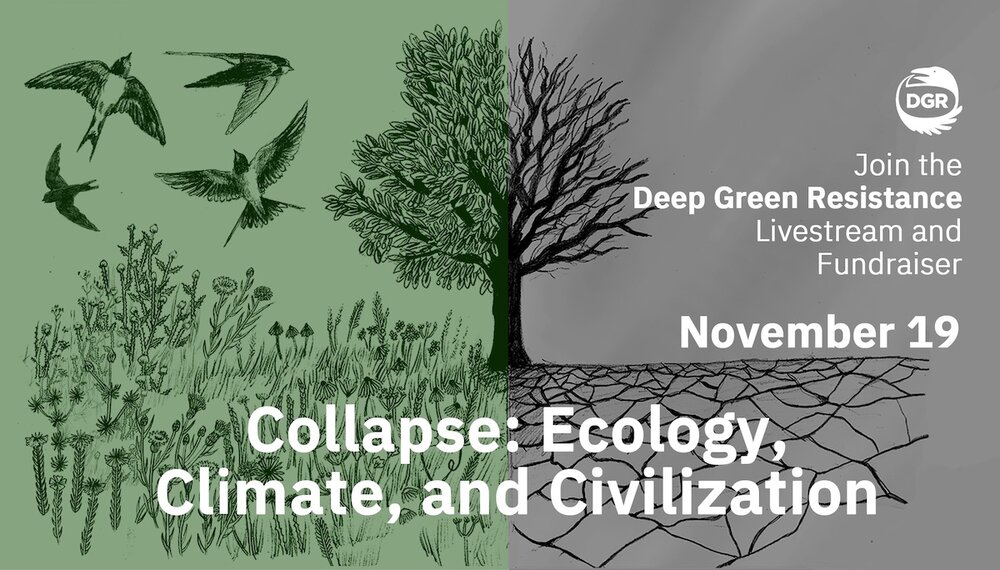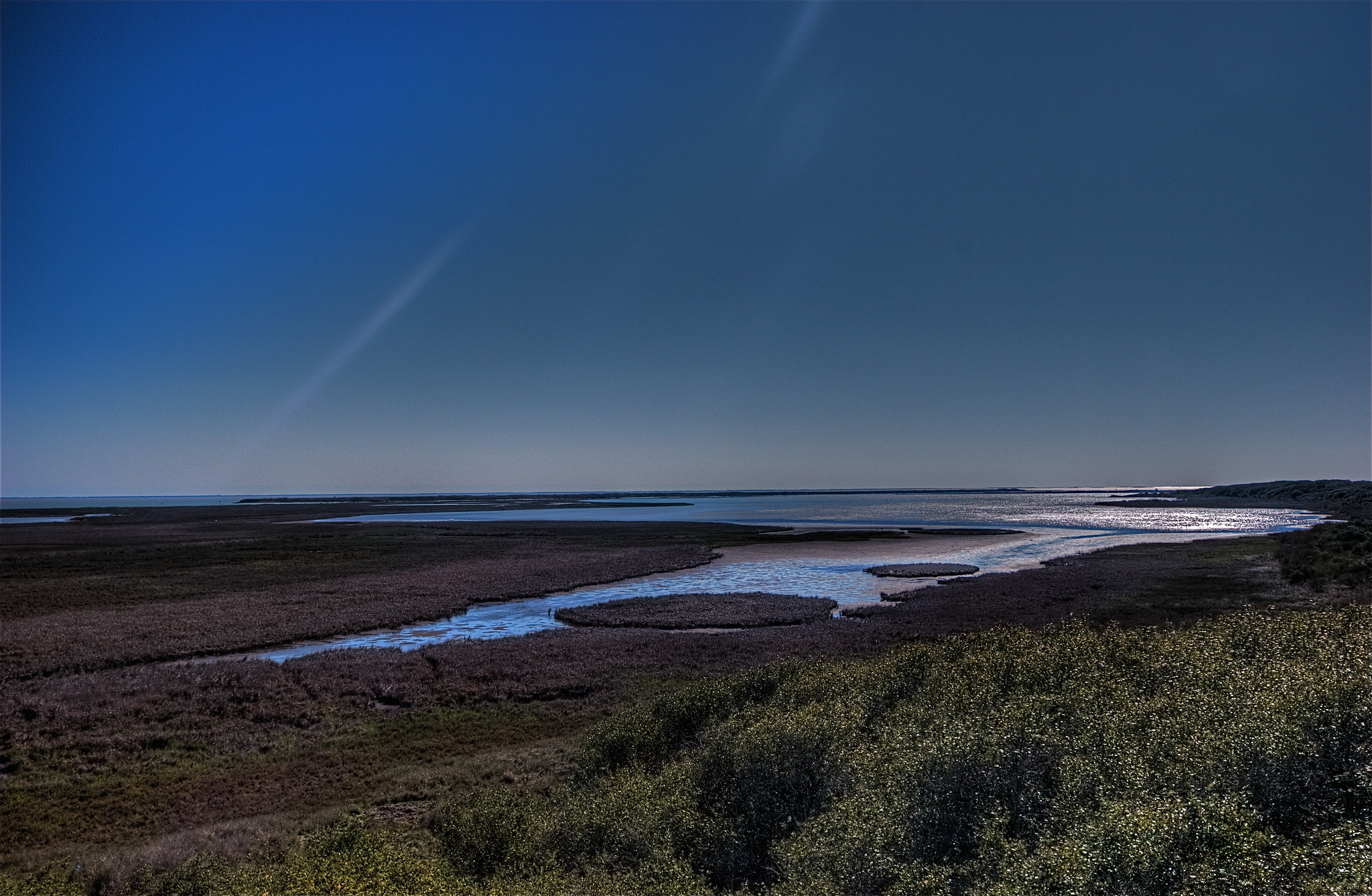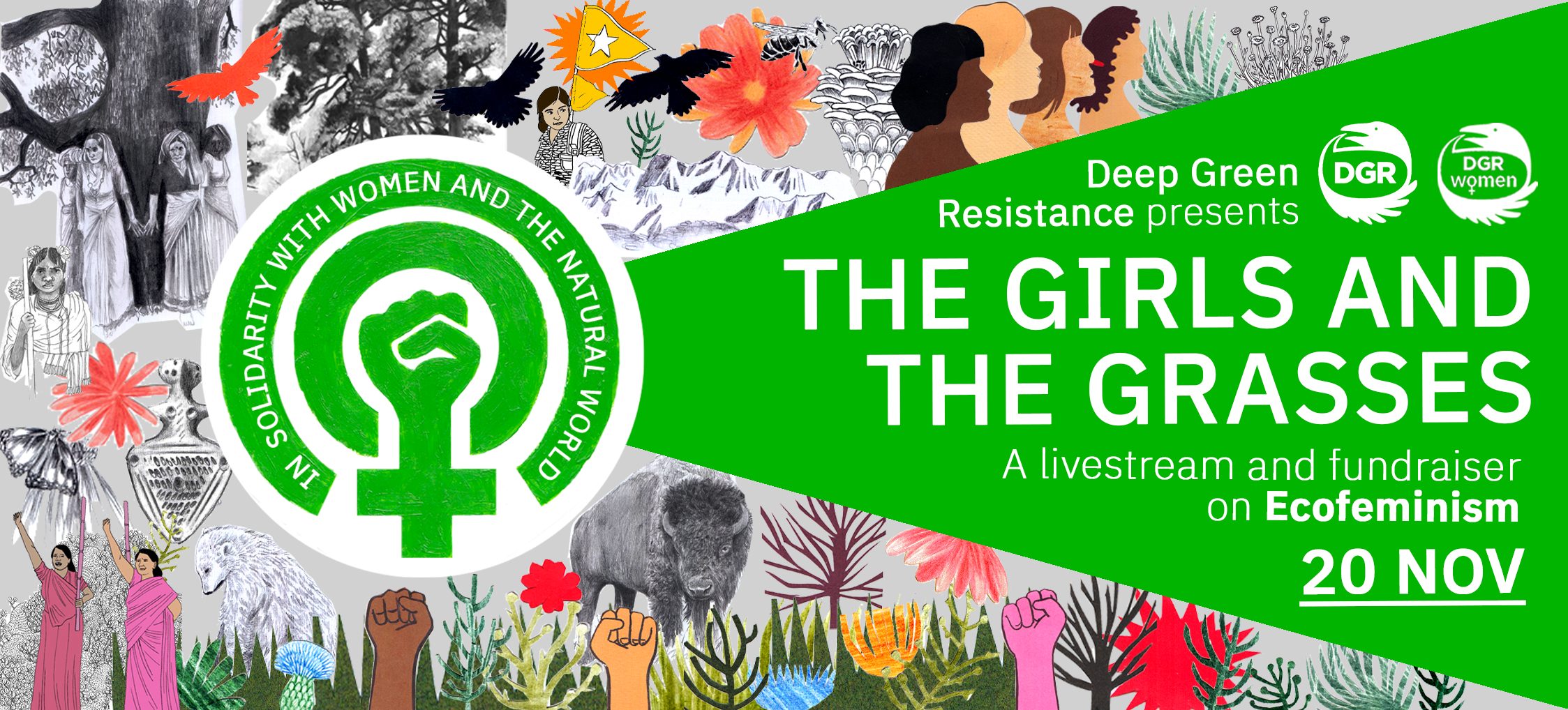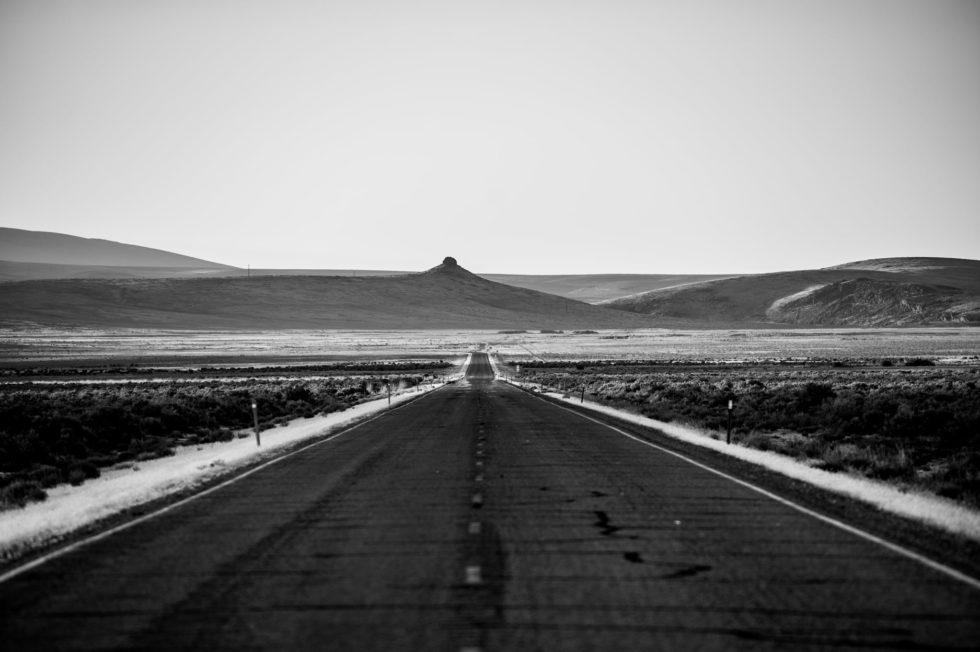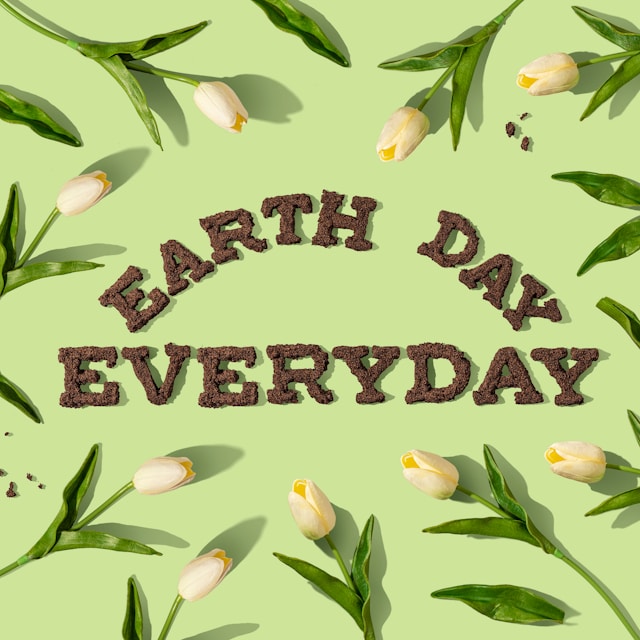
A Wild Earth Day!
A Wild Earth Day ! On April 22: Meet free-roaming bison and baby prairie dogs! Learn about oceans that need us and fires that don’t! Take a fast trip through human history, from cave art to the current mess! Get inspired by tales of resistance and songs of love! All donations go directly to help fund our annual conference. And you can double your impact by giving during A Wild Earth Day! ...

